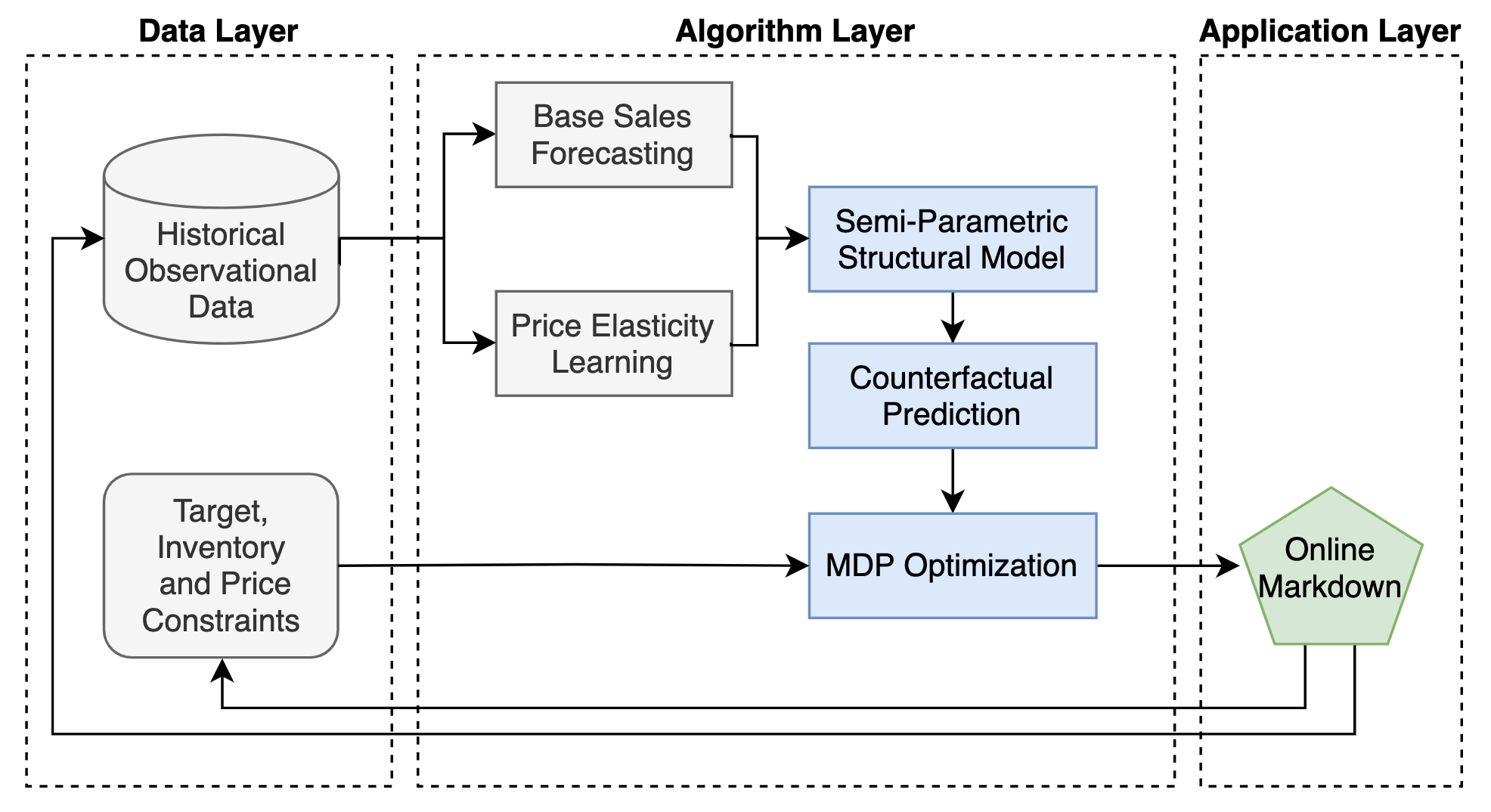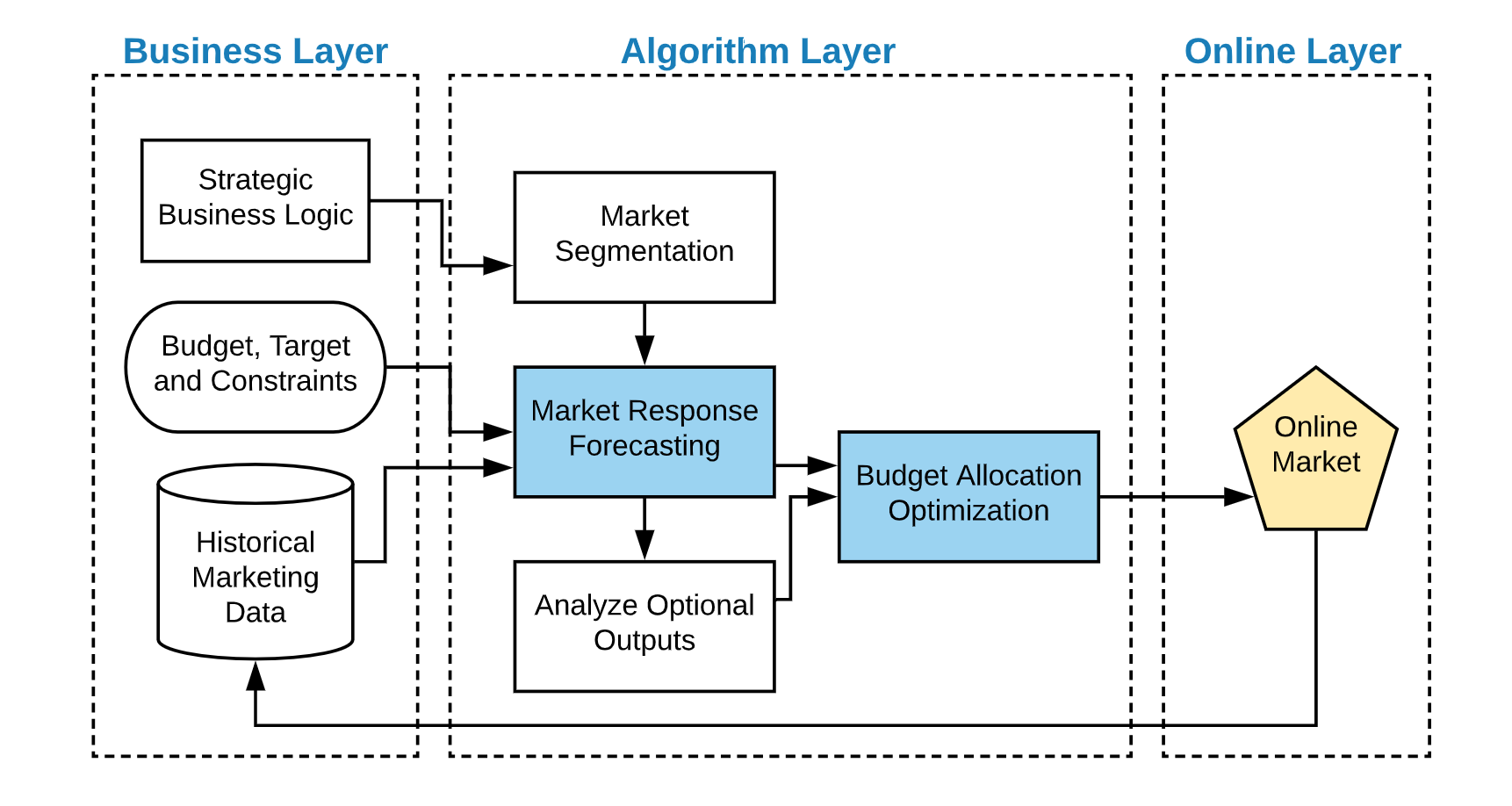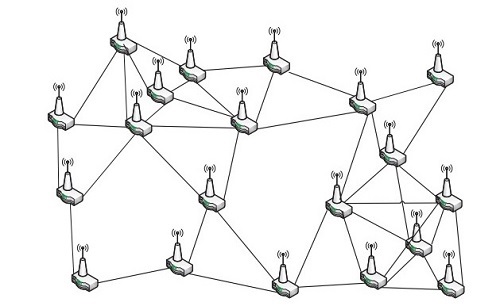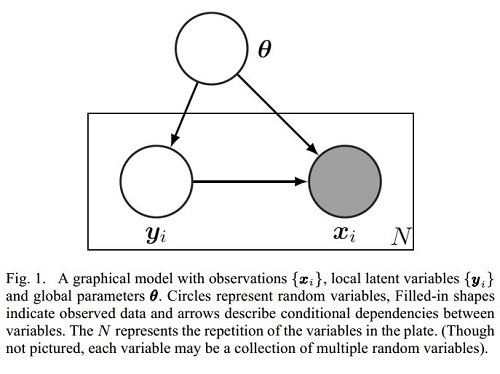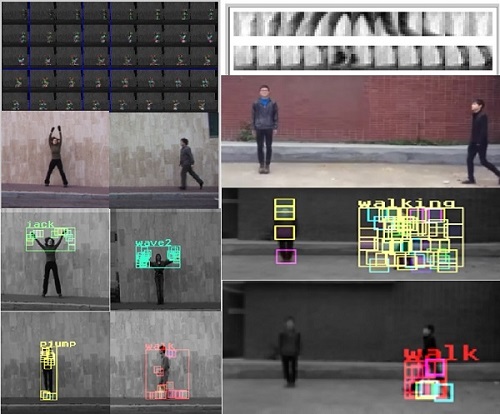Junhao Hua, Ling Yan, Huan Xu, Cheng Yang, Markdowns in E-commerce Fresh Retail: A Counterfactual Prediction and Multiple-Period Optimization Approach, 27th ACM SIGKDD Conference on Knowledge Discovery and Data Mining (KDD'21).
[arxiv]
Kui Zhao,
Junhao Hua, Ling Yan, Qi Zhang, Huan Xu, Cheng Yang, A Unified Framework for Marketing Budget Allocation, 25th ACM SIGKDD Conference on Knowledge Discovery and Data Mining (KDD'19).
[arxiv]Junhao Hua, Chunguang Li, Distributed Variational Bayesian Algorithms for Extended Object Tracking, unsubimitted, 2019.
[arxiv]
Junhao Hua, Chunguang Li, Distributed Robust Bayesian Filtering for State Estimation, IEEE Transactions on Signal and Information Processing over Networks, vol. 5, no. 3, pp.428-441, Sept 2019.
[link]
Junhao Hua, Chunguang Li, Distributed Jointly Sparse Bayesian Learning with Quantized Communication, IEEE Transactions on Signal and Information Processing over Networks, Vol. 4, no. 4, Dec 2018.
Junhao Hua, Chunguang Li, Hui-Liang Shen, Distributed Learning of Predictive Structures from Multiple Tasks Over Networks, IEEE Transactions on Industrial Electronics, vol. 64, no.5, pp.4246-4256, May 2017.
Junhao Hua, Chunguang Li, Distributed Variational Bayesian Algorithms over Sensor Networks, IEEE Transactions on Signal Processing, vol.64, no.3, pp.783-798, Feb. 2016.
